#david sheff
Text
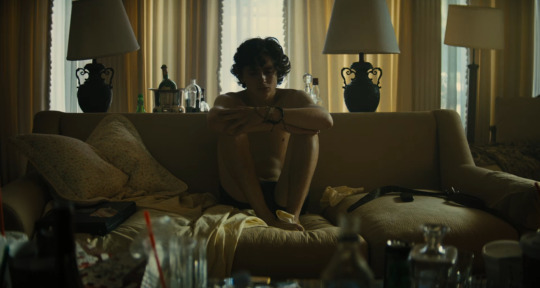
Beautiful Boy
#mine#screens#beautiful boy#nic sheff#david sheff#timothée chalamet#steve carell#movie#movies#cinema#film#films#addiction#drugs#timothee chalamet#timmy#timmy chalamet
59 notes
·
View notes
Text
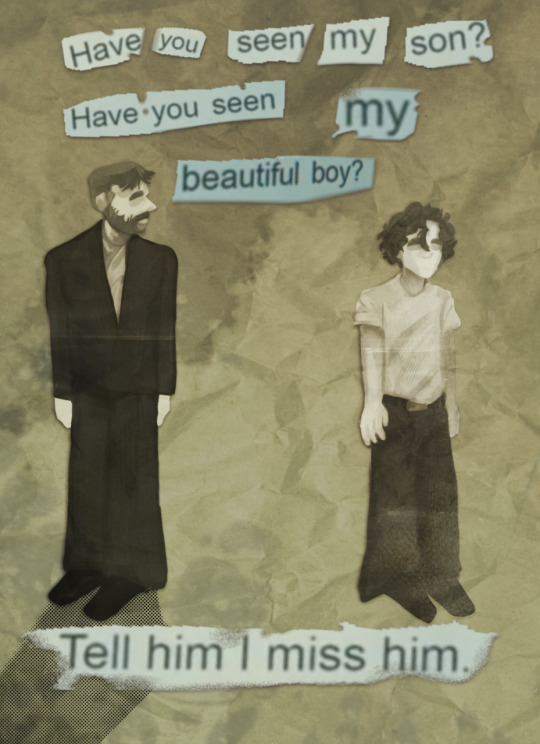
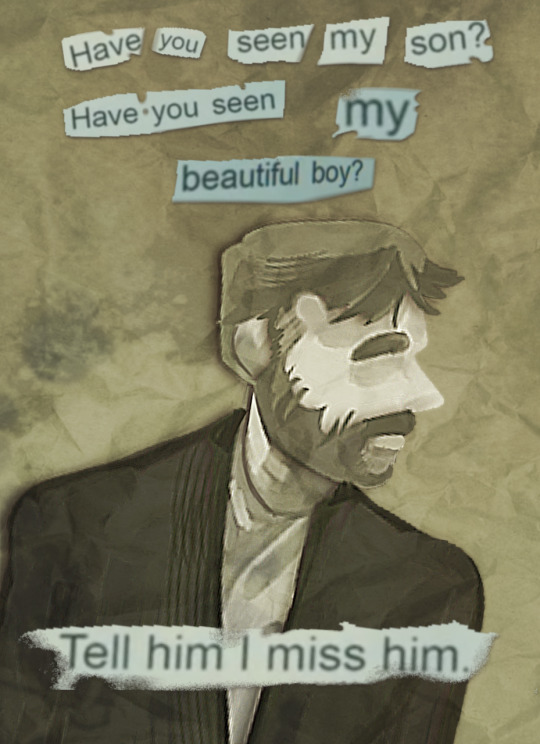
#steve carell#fanart#timothée chalamet#Beautiful Boy#beautiful boy movie#steve carell fanart#david sheff#nic sheff#my art 👽
45 notes
·
View notes
Text
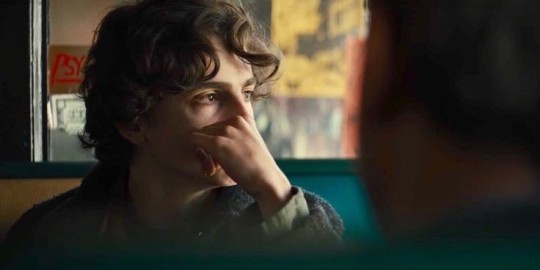



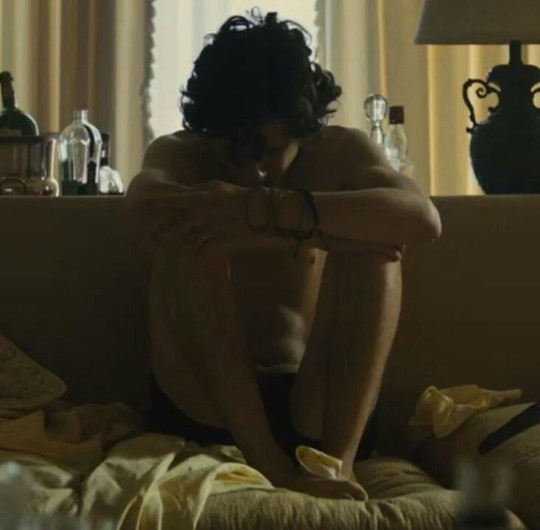

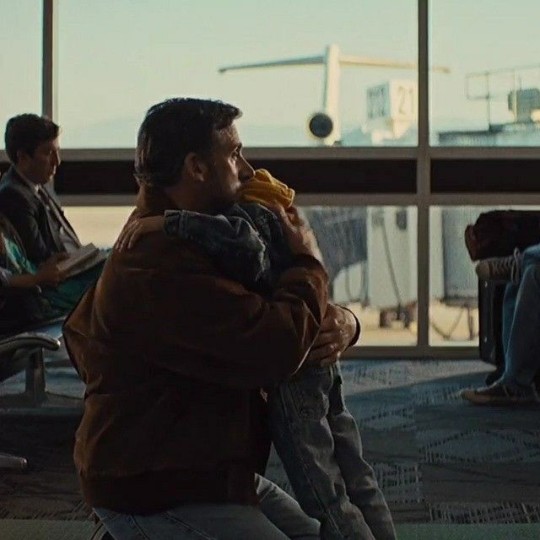

Saddest but most relatable movie ever.
#beautiful boy#nic sheff#david sheff#timothée chalamet#steve carell#beautiful boy movie#fyp#tumblr fyp
31 notes
·
View notes
Text
Lewisohn vs. Sheff ft. Cynthia Lennon
This post should be the rest of the mis-quoted bits of the 1980 Playboy interview found in Mark Lewisohn’s Tune In, but I’ve noticed something about one of the quotes in particular that warranted a post of its own. The thing I noticed was plagiarism, not of the word-for-word rip-off variety, but of the failing-to-cite-your-reference variety.
Let’s start with the quote from the Playboy interview (Sheff 2000 p.149), followed by its appearance in Tune In (citation 11-31).
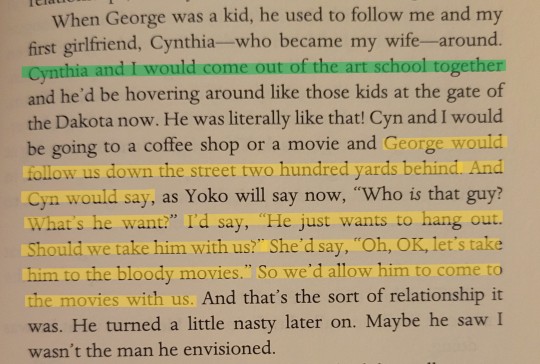
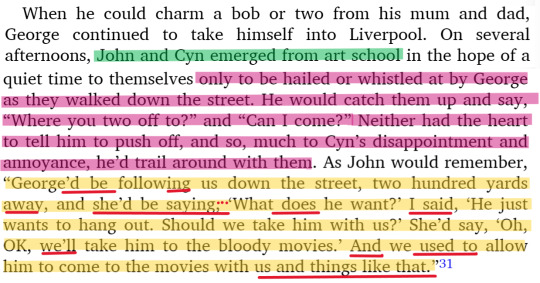
For context, John is discussing his dissatisfaction with his absence from Geroge’s autobiography, I, Me, Mine.
The quoted section, highlighted in yellow, has several word changes and omissions, but none that alter the quotes’ meaning. What struck me about this quote was the lead-up to it. The details of John and Cyn bringing Geroge along to the cinema are very different between the two sources. I highlighted in green the details that struck me as consistent; the details that were absent from John’s story are highlighted in pink.
In John’s original telling, George sounds like a glum little phantom, creeping along behind John and Cyn in the hopes of being noticed. In Lewisohn’s telling, he’s an active, pesky brat: he whistles them down, chases after them, and asks what they’re doing. At first, I assumed Lewisohn just made these details up.
Then I read A Twist of Lennon, Cynthia Lennon’s 1978 memoir. Here’s an excerpt from p.27:

Well, there they are! All the details that didn’t line up with the cited source are here in Cyn’s account. George whistles, he yells, he chases after John and Cyn to ask if he can tag along, and the benevolent couple take pity on him. There’s nothing wrong with taking details from two accounts of the same event and combining them, but you need to cite them both. Lewisohn only cites the interview with John; he cites A Twist of Lennon several times throughout Tune In but not here.
Lewisohn isn’t just taking facts from Cynthia’s account; he’s nabbed a phrase as well. Compare Cyn’s “Neither of us would have the heart to tell this thin gangly kid in school uniform to push off” to “Neither had the heart to tell him to push off” in Tune In.
I also feel like Lewisohn plays up Cynthia’s “disappointment and annoyance”, but others might see that as an allowable level of editorializing. I’ll revisit Lewisohn’s portrayal of Cyn some other time…I sense a pattern there.
Sources:
Lennon C. 1978. A Twist of Lennon. New York (NY): Avon Books. 190p.
Sheff D. 2000. All We Are Saying: The Last Major Interview with John Lennon and Yoko Ono. New York (NY): St. Martin’s Griffin. 229p.
#mark lewisohn#tune in#the beatles#john lennon#cynthia lennon#david sheff#a twist of lennon#lewi-sins
34 notes
·
View notes
Text
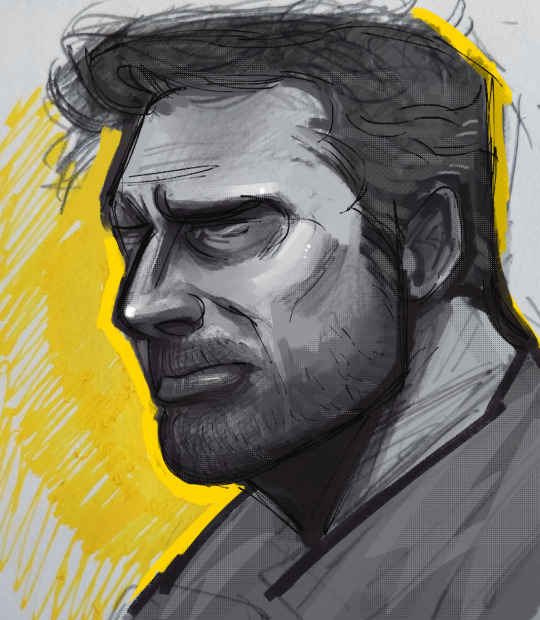
beautiful dilf
14 notes
·
View notes
Text

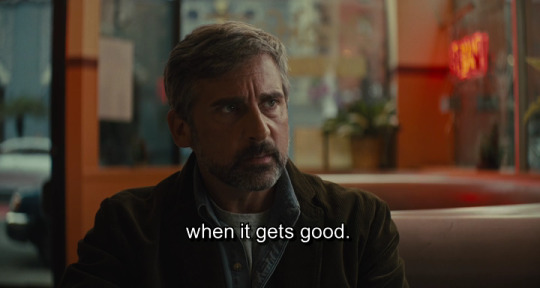
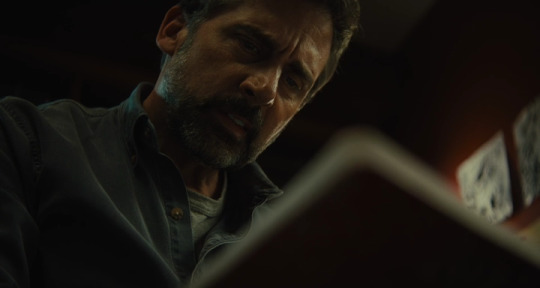


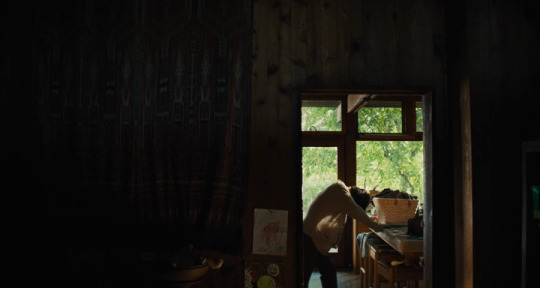

Beautiful boy, 2018
#biography#drama#beautiful boy#felix van groeningen#luke davies#david sheff#nic sheff#steve carell#timothée chalamet#amy forsyth#soaring
35 notes
·
View notes
Text
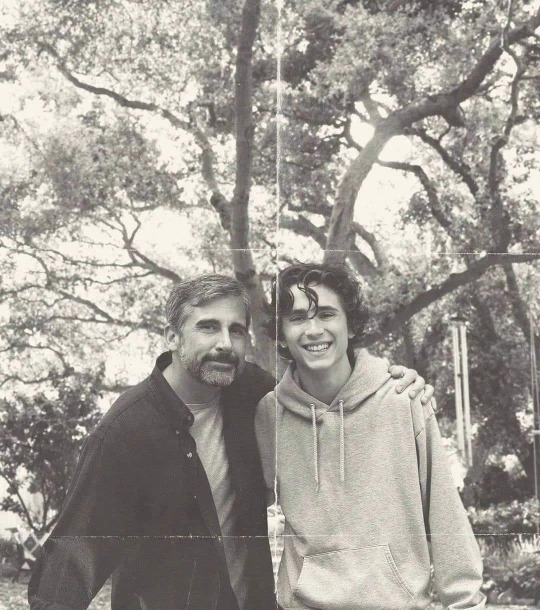
#photo#photography#filme#filmes#film#movie#movies#cinema#querido menino#beautiful boy#nic sheff#timothée chalamet#steve carell#david sheff
96 notes
·
View notes
Text
New beautiful boy fic :)
PLEASE PLEASE HELP IT ONLY HAS 3 HITS I NEED MORE
#beautiful boy 2018#beautiful boy#nic sheff#david sheff#angst#hurt comfort#timothee chalamet#timothée chalamet#steve carell#ao3#ao3 writer#ao3feed#ao3 link#ao3 fanfic
4 notes
·
View notes
Text
"I look at his sullenness and anger and vacancy, his retreat and his turmoil, and I think, Who are you?" - David Sheff
#david sheff#nic sheff#meth#methamphetamine#addiction#quoteoftheday#quote of the day#tw sui ideation
3 notes
·
View notes
Text
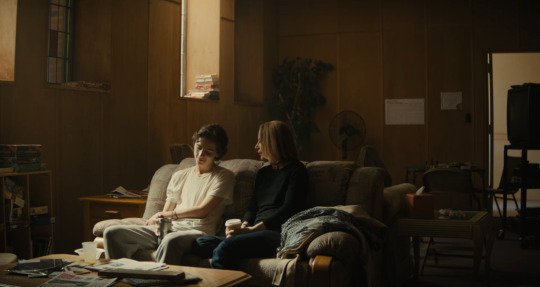


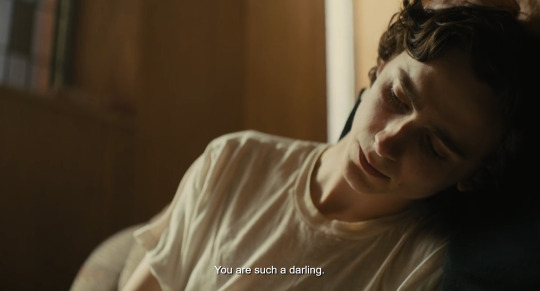

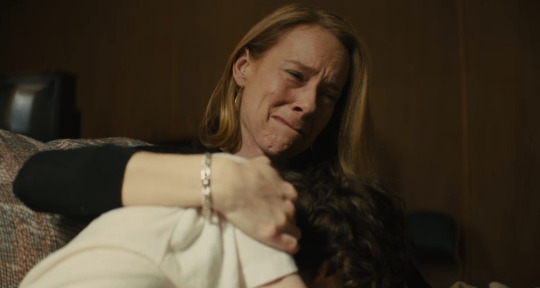
Beautiful Boy
#mine#screens#beautiful boy#nic sheff#david sheff#timothée chalamet#steve carell#movie#movies#cinema#film#films#addiction#drugs#timothee chalamet#timmy#timmy chalamet#amy ryan#vicki sheff#michael and holly#holly and michael#michael and holly in another universe
46 notes
·
View notes
Text
Re-read beautiful boy for the sixth time and I still cry every time I read it. I remember feeling hesitant to read it at first because I am not close to anyone with addictions, nor do I have any of that magnitude.
But the book is gorgeous. The way that David writes his fear and anguish is absolutely beautiful but at the same time incredibly haunting. You start to feel his pain with him. You cry with him. You pray with him. You both know his pain and can’t imagine it at the same exact time.
I think there are bits and pieces people can take from this book and relate to it, even if you do not deal with addiction. I think of my broken family. I think of how there are years of generational trauma in my family, abuse and alcoholism and addiction and mental illness. I think how I’m the one breaking the cycle. My one sibling is severely mentally ill and hops couches. Sometimes I worry she will kill herself. Sometimes I don’t know if she’s okay and I can’t really know. I’m trying to get better, and some part of Beautiful Boy speaks to that part of me.
Please read it. It’s beautiful. Heartbreaking. Both hopeless and hopeful at the same time.
#beautiful boy#writer#books#booklr#book review#david sheff#emotional books#book recommendations#literature#memoir#addiction#books about addiction
3 notes
·
View notes
Text
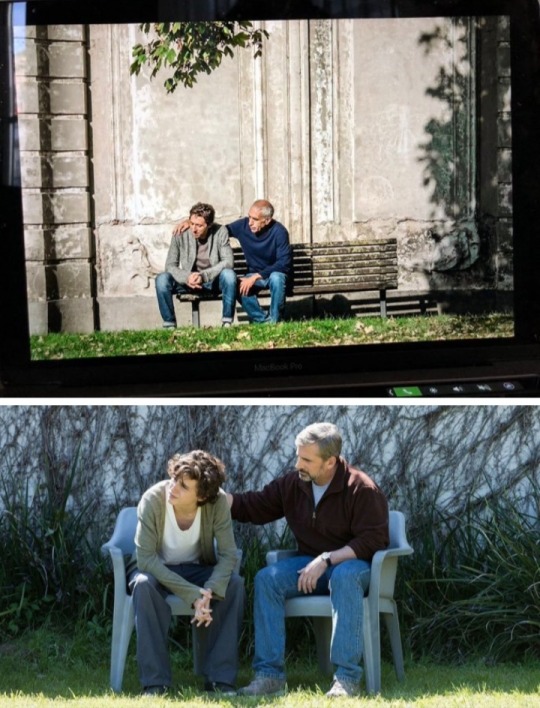
Beautiful Boy
#timothee chalamet#timothée chalamet#timothée#timothee#chalamet#nic sheff#sheff#nic#beautiful boy#tweak#david sheff
37 notes
·
View notes
Text
Lewisohn vs. Sheff: The Rest of 'Em (1 of 2)
We are nearing the end of my comparison of quotes from Mark Lewisohn's Tune In against their cited source, David Sheff's 1980 Playboy interview of John and Yoko. This was supposed to be the last post, but all thirteen citations would be a bit much, so I've split it into two.
Before I get to the comparisons, I wanted to address the possibility that Lewisohn might be working from Sheff’s original recordings, and thus might be privy to material not included in the 2000 version of the interview I used for comparison, All We Are Saying. I have considered this, and I can’t rule it out entirely, but I’m fairly confident that this doesn’t explain the differences I’ve found between Tune In and All We Are Saying. Lewisohn recommends the UK edition of All We Are Saying as “[t]he best-available publication of this Q&A” (see Tune In endnote P-22), and in two of his endnotes (5-2 and 30-2) he notes transcription errors in the text. Why note these two transcription errors but not the other differences between his source and his “quoted” text? If he’s quoting a part of the interview that wasn’t quoted at all in All We Are Saying, I would expect him to note as much in his citation—he does this for other unpublished sources (e.g. the manuscript for A Cellarful of Noise). Moving on…
For discussion of alterations to citations 10-9 and 36-16, click here. For 11-31, click here. For further documentation and dissection of Lewis-sins, check out @mythserene's excellent posts on the matter.
I'll be presenting these in the order the appear in Tune In, save for this first one. It's the wildest one in this batch by a mile, so I wanted to feature it outside the cut.
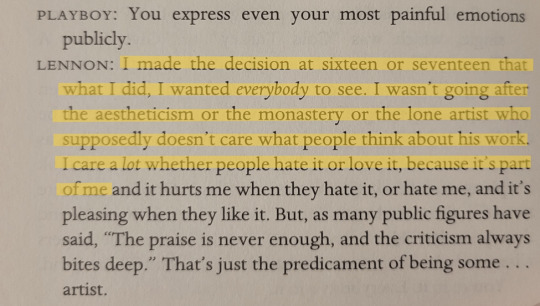
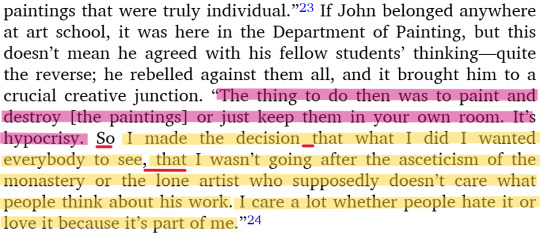
Sheff 2000 p.210 vs Tune In 11-24
In yellow, we have the part of the “quote” that is taken with only minor alteration from the source. In pink, we have two original sentences courtesy of Mark Lewisohn.
The fun thing about these made-up sentences is that they completely recontextualize the quoted passage. In the source, John isn’t talking about painting or art school at all, but Lewisohn decided he needed this particular quote about something else entirely to drive home how cool and original John was compared to the art school beatniks. If anyone has a source for the claim that John’s art school peers were destroying their paintings, I’d love to see it.
It’s particularly outrageous because Lewisohn frames this as something that “brought [John] to a crucial creative junction.” Imagine writing a biography, highlighting something as some big turning point in your subject’s outlook as an artist, and for supporting evidence, pulling out, “Shit I made up + something my subject said in relation to a piece of work he made more than a decade later.”
Also, let me shout out the brackets around “the paintings” in the part of the quote Mark Lewisohn invented. What clarification is indicated by those brackets? Was the original source (Mark Lewisohn’s brain) too vague about what the other students were destroying?
Finally, there’s the part of the quote that Lewisohn chooses not to use. He’s not wrong for doing this, but I think it’s indicative of the story Tune In is trying to tell. The quoted passage goes on to say “…and it hurts me when they hate [my work], or hate me, and it’s pleasing when they like it.” I don’t think Lewisohn is interested in showing this level of deep insecurity from John.
Sheff 2000 p.156 (?) vs. Tune In 2-45


John Lennon mentions Lewis Carroll three times in the 1980 Playboy interview. He references Alice In Wonderland specifically three additional times. He does not reference The Goon Show at all. That’s why there’s a question mark after the page number: this was the closest wording to the quote in Tune In, but frankly, I consider this more a Lewisohn Invention than a Lewisohn Alteration. I can’t rule out the possibility this is from some un-transcribed piece of the original interview, though.
Sheff 2000 p.162 vs. Tune In 3-6


Only minor changes here. If Lewisohn worked off a tape, these could easily be explained.
Sheff 2000 p.85-86 vs Tune In 3-43


In the first picture, I’ve highlighted the parts of this quote that Lewisohn used in yellow (note lack of ellipses despite two large omissions). In the corresponding passage from Tune In, I’ve highlighted changes to the quoted text in green; the pink text is a line that seems to be made up by Lewisohn. Lots of small changes here. Unsure why Lewisohn decided to insert the pink sentence—perhaps to make John seem a little less bitter and a little more philosophical?
Sheff 2000 p.159, 164, 155-6(?) vs Tune In 5-1 & 5-2
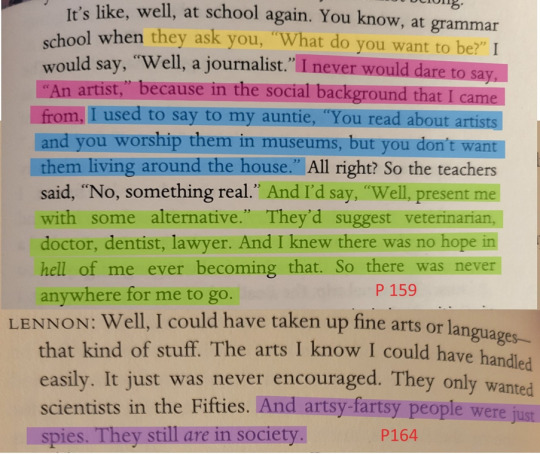
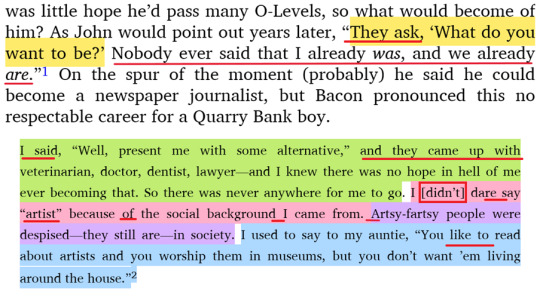
I’ve highlighted phrases here to show how they were taken from two pages in the source, shuffled around, and made into a giant quote in Tune In. Small changes and a made up phrase are marked in red.
Our setting for these quotes in Tune In: staring down his O-Levels, a young John Lennon is asked what career path he envisions for himself. Setting aside the quoted passages, the general premise is made up: Lewisohn posits that “Eggy” Bacon, an actual Quarry Bank teacher, asked John these questions and rejected the idea of him going into journalism. This isn’t the case: in the text, John only refers to a nebulous, authoritative “they”, not a specific instructor, and he indicates no pushback at the thought of him being a journalist, only an artist.
In 5-1, the first sentence has a single minor change. The second sentence (“Nobody ever said that I already was, and we already are”) is a Lewisohn Original™. It shares a general tone with two quotes from Sheff 2000 pp. 155 &156, in which John discusses the lyrics of “Strawberry Fields.” As part of a longer response to the question of whether a lyric represented a “new awakening”, John said “I was awake all my life. You understand? I’ve always been, all my life” (Sheff 2000 p.155). Later on, relating to the same topic, John said, “I was hip in kindergarten. I was different from others then. I was different all my life” (Sheff 2000 p.156). It seems like Lewisohn liked the ~vibe~ John was giving off here, so he grafted it onto something he wanted John to say.
As for 5-2, there isn’t too much to discuss that isn’t apparent from the phrase-shuffling. Do note the brackets around “didn’t” in Tune In. I find it amusing that Lewisohn has highlighted that one change, as if he didn’t make three others in that one sentence alone.
Sheff 2000 p.162 vs Tune In 9-13
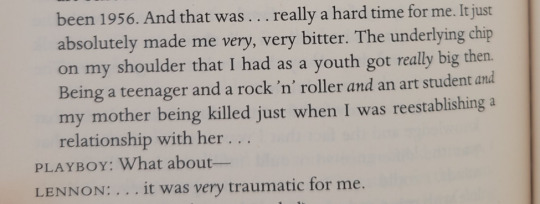

Here we have a rare sight: Lewisohn correctly uses brackets to indicate a change at the beginning of this quote. There are several small changes that could be chalked up to transcriptional differences, but then we have the baffling addition of sideboards to the list of things that led to the chip on John’s shoulder.
18 notes
·
View notes
Text
"It's better to fade away like an old soldier than to burn out. I worship the people who survive. I'lI take the living and the healthy.”
- John Lennon
4 notes
·
View notes
Text
As long as you look for someone else to validate who you are by seeking their approval, you are setting yourself up for disaster. You have to be whole and complete in yourself. No one can give you that. You have to know who you are - what others say is irrelevant.
-Nic Sheff
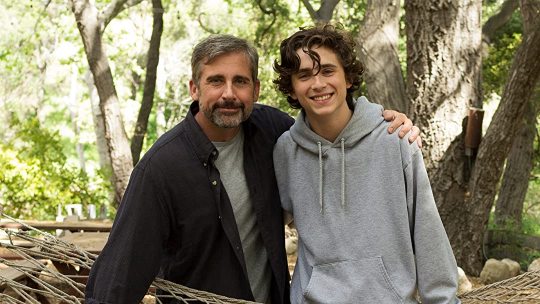


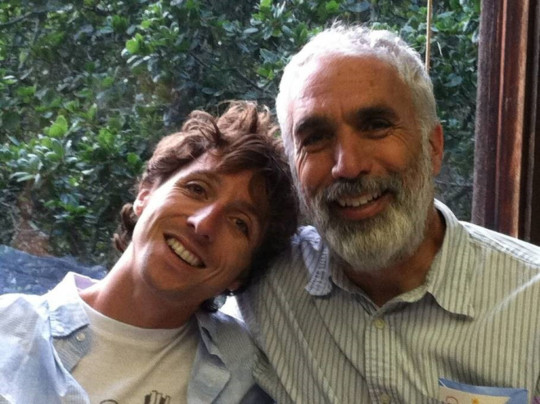
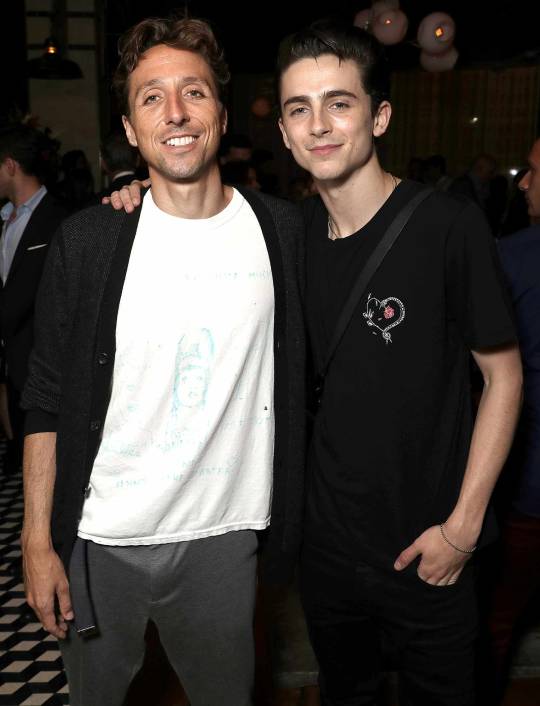
14 notes
·
View notes
Photo


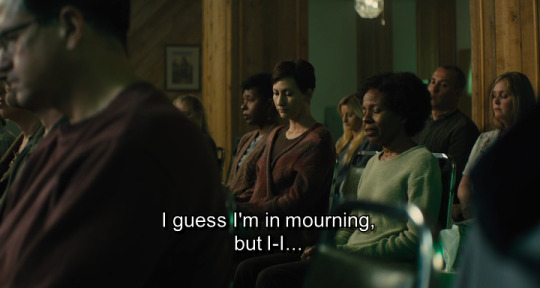
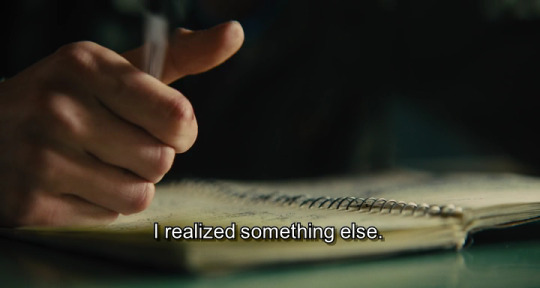
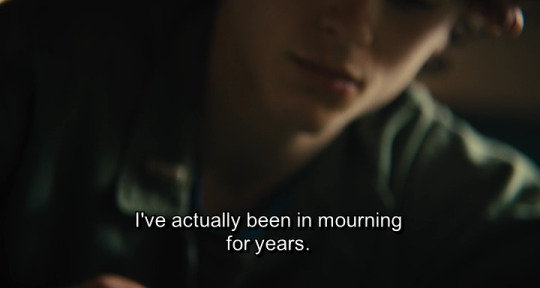
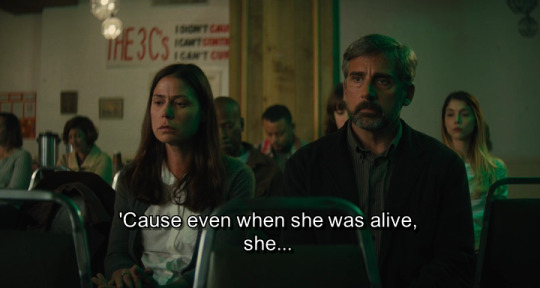

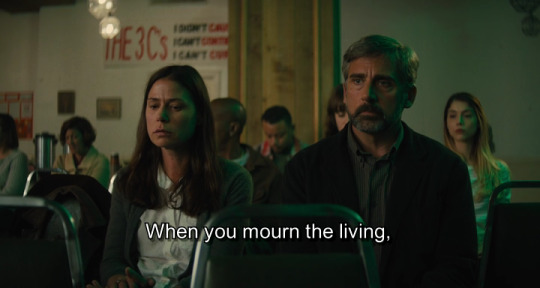

Beautiful boy, 2018
#biography#drama#beautiful boy#felix van groeningen#luke davies#david sheff#nic sheff#lisagay hamilton#steve carell#timothée chalamet#mourning
32 notes
·
View notes